FAQ: Everything you need to know about the 2024 Victorian local council elections
Nominations have officially opened for the 2024 Victorian local government elections and already candidates are putting up their hands. We answer all your election questions here.
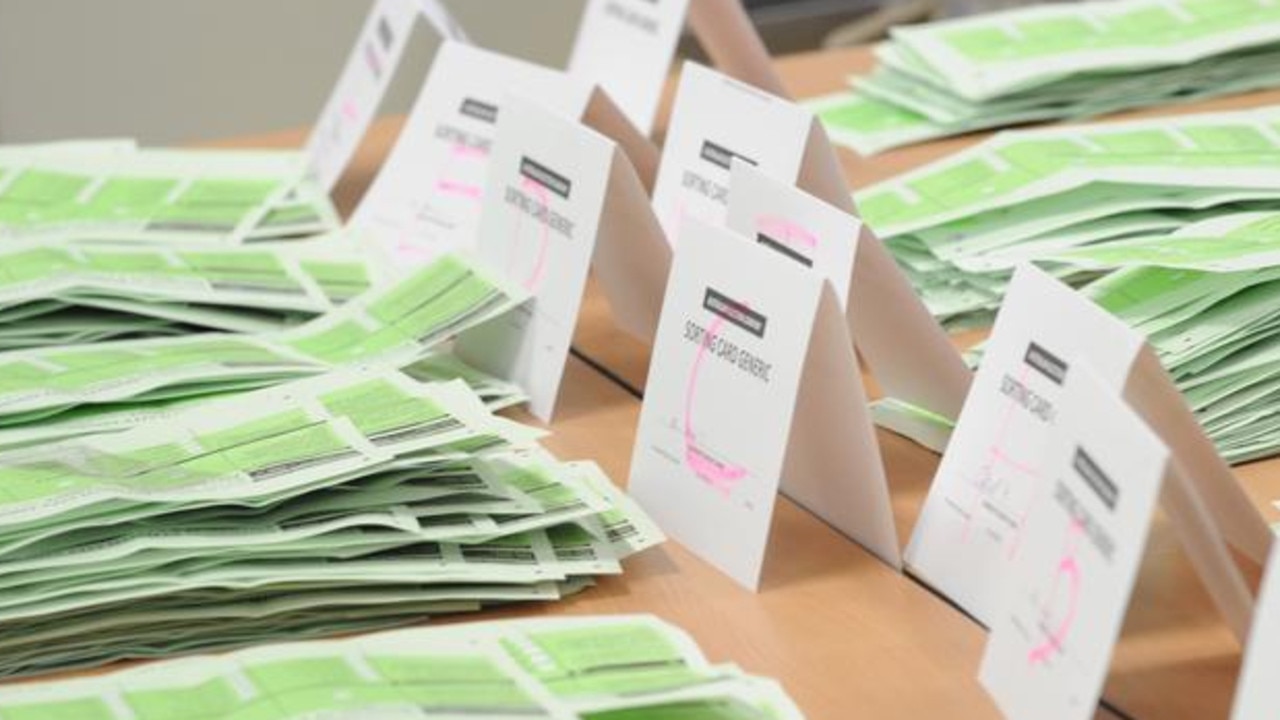
Voters gearing up to have their say at the 2024 local council elections will have to navigate a raft of changes before any boxes are ticked.
More than half the state’s 79 councils have moved to single councillor wards – many of them with new names – and up to a million ratepayers who were previously given an automatic right to vote, now have to enrol.
Key dates have also been changed to cater for a record number of candidates expected to nominate and a higher number of individual elections within councils as a result of the changes to electoral structures.
Voters looking forward to a democracy sausage will also be disappointed, as the 2024 council elections will be conducted via postal vote rather than in person.
Check out our ultimate guide to the 2024 local council elections.
What council am I in?
There are 79 councils in Victoria.
You can search to find out what council you’re in here.
I’m in Moira, why can’t I vote?
The Moira Shire Council, north of Shepparton, was dismissed by an Act of Parliament in March 2023.
Its next election will be held in October 2028.
Who is running for my council?
Check out our full list of all candidates to find out who is running in the election.
It’ll be updated daily, while official nominations are rolling in.
What happens if a candidate’s name has “retired” next to it?
Candidates are retired from the election for a number of reasons, including not correctly filling out the nomination forms or not completing compulsory training.
They are retired, rather than withdrawn, because they were pulled from the race after nominations closed.
They will likely still appear on ballot papers but will be ineligible to be elected.
One such candidate is Yarra council’s Christine Maynard who thought she had completed the correct training course but later found out she had not.
She is considering taking the VEC to VCAT over her disqualification.
Why is there very little information on some candidates?
Voters are being told to use social media to research wannabe councillors amid fears “dummy candidates” are being used to beef-up votes for certain contenders.
More than 100 candidates for next month’s council elections have failed to provide the Victorian Electoral Commission with all the information requested including their political affiliations and contact details.
Others have used their VEC candidate statement – which is included on ballot papers – for preference deals or to urge voters to support another candidate.
How do I find out about the policies of different candidates?
We’re covering off many of the councils in details as candidates announce policies.
The councils we’re covering in depth include:
• Ballarat
• Bayside
• Casey
• Golden Plains
• Greater Geelong
• Kingston
• Melbourne (follow the latest with Melbourne City reporters Laura Placella and Ian Royall)
• Mildura
• Queenscliff
• Surf Coast
• Wyndham
• Yarra
There’s also already been plenty of coverage of the current councils so you can check whether you’re happy with who is running the show right now.
For example, rate capping will not stop some Victorian homeowners being slugged up to $100 more in council property tax in 2025 as more than a third of ratepayers facing average rates rises of more than the mandated 2.75 per cent increase limit.
And some LGAs have to find up to $8m to get back in the black, with council budgets looking particularly tight.
But be careful where you get your information. Some community groups have been accused of being a front for certain political parties and using the election campaign in two inner-city Melbourne councils to attack independent candidates.
How do I vote in the 2024 council elections?
You’ll receive a ballot in the mail which you post back in. Instructions on how to fill out the ballot will be included.
When are the 2024 Victorian council elections?
The official election day is October 26 but all votes must be posted by 6pm October 25.
What do I do if I don’t receive a ballot paper?
Get in touch with your local council or the Victorian Electoral Commission.
Every resident should receive a ballot paper, except for those living in Moira which is under administration and will not have an election this year.
Other exceptions are councils or wards where there were the same number of candidates as there were vacancies.
This includes Banyule’s Beale ward; Buloke’s Mallee ward; Cardinia’s Pakenham ward; Central Goldfields’ Maryborough West and Tularoop wards; all Corangamite wards except Tandarook; Greater Bendigo’s Epsom ward; Greater Dandenong’s Noble Park ward; Greater Shepparton’s Midland and Poplar wards; Hindmarsh’s West ward; Horsham’s Kalimma and Wyn Wyn wards; Latrobe’s Newborough ward; Loddon’s Boort, Terick and Wedderburn wards; Manningham’s Tullamore and Yarra wards; Mildura’s Karadoc and Sunset Country wards; Monash’s Gallaghers ward; Mount Alexander’s Barkers Creek, Forest Creek, Loddon River, Moonlight Creek and Tarrengower wards; Wangaratta’s King River and Warby wards; Warrnambool’s Botanic , Russells Creek and Wollaston wards; Yarra Ranges’ Chirnside and Ryrie wards; and the entirety of Yarriambiak Shire.
How does the mayor get elected?
After all the councillors have been elected, they decide who will act as mayor, usually by a vote held when the councillors are sworn in to office.
Melbourne City Council is a little different where the voters elect the lord mayor and deputy lord mayor and nine councillors.
With most political parties running in the Lord Mayoral race, and with none likely to win on first preferences alone, preferences will play a big part.
How much does it cost to run council elections and who pays for them?
The 2020 council elections cost about $36m to run.
The Victorian Electoral Commission recovers some direct costs from councils including election personnel, advertising, equipment, IT infrastructure and rent.
However, it does not pass on core costs such as head office staff and accommodation.
How much are councillors and mayors paid?
Councillors were this year given a pay rise taking allowances to almost $135,000 a year for up to 27 mayors.
The Victorian Independent Remuneration Tribunal, which is responsible for setting annual allowances for mayors, deputy mayors and councillors, determined all three should receive a 3.5 per cent increase on July 1.
A second 3.5 per cent pay bump was expected to kick in on December 18 for mayors and deputy mayors for the new people in the role – the third increase in 18 months.
Who gets to vote?
Australian citizens, who are aged over 18 and have lived at their current address for more than one month, are eligible to vote in their local council election.
They must be enrolled to vote. Ratepayers who are not Australian citizens can apply to their council for the right to vote.
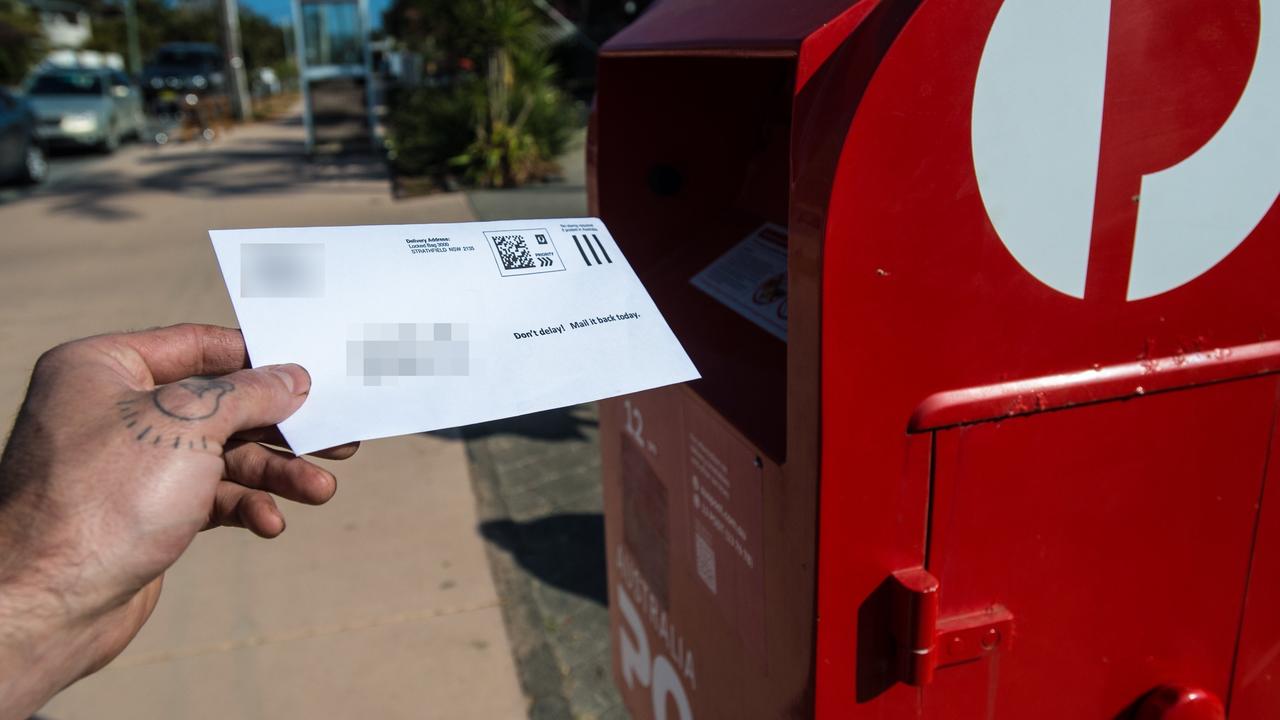
If accepted they must vote in all council elections and by-elections but are not eligible to vote in state or federal elections until they become Australian citizens.
Can ratepayers who don’t live in the area still vote?
Yes. But the rules have changed.
In previous elections, property owners were automatically enrolled and voting was not compulsory.
However, now they must contact their council and enroll to vote. Once enrolled it is compulsory to vote and failing to do so could result in a fine.
Similar rules now apply to resident who pay rates but do not own property.
The rules for Melbourne City Council have not changed.
Property owners who pay rates to Melbourne Council and live in another Victorian council, interstate or overseas will be automatically enrolled to vote.
Likewise, a director or company secretary of a company that owns or pays rates on a property in Melbourne City Council will be automatically enrolled to vote.
Can I get someone to vote for me?
A corporation that pay rates, either as an owner or occupier, can choose someone to vote on its behalf.
The representative must provide consent and not already be enrolled to vote in the council area as a state or council enrolled voter.
Once enrolled the representative must vote or face a fine.
The right to vote expires before the next local council general election.
When do I have to be enrolled by?
The deadline to enrol is 4pm, August 7.
What happens if I don’t update my enrolment?
If your enrolment is not up to date you may have to vote for your old address.
Other actions include having your name removed from the roll or being fined.
Do I have to vote in the council elections?
Yes. Voting became compulsory for all Australians in 1984.
What happens if I don’t vote?
You may be fined $99.
Special circumstances can make people exempt from voting such as having an intellectual disability, mental illness or disorder, a serious addiction to drugs or alcohol, being homeless or a victim of family violence.
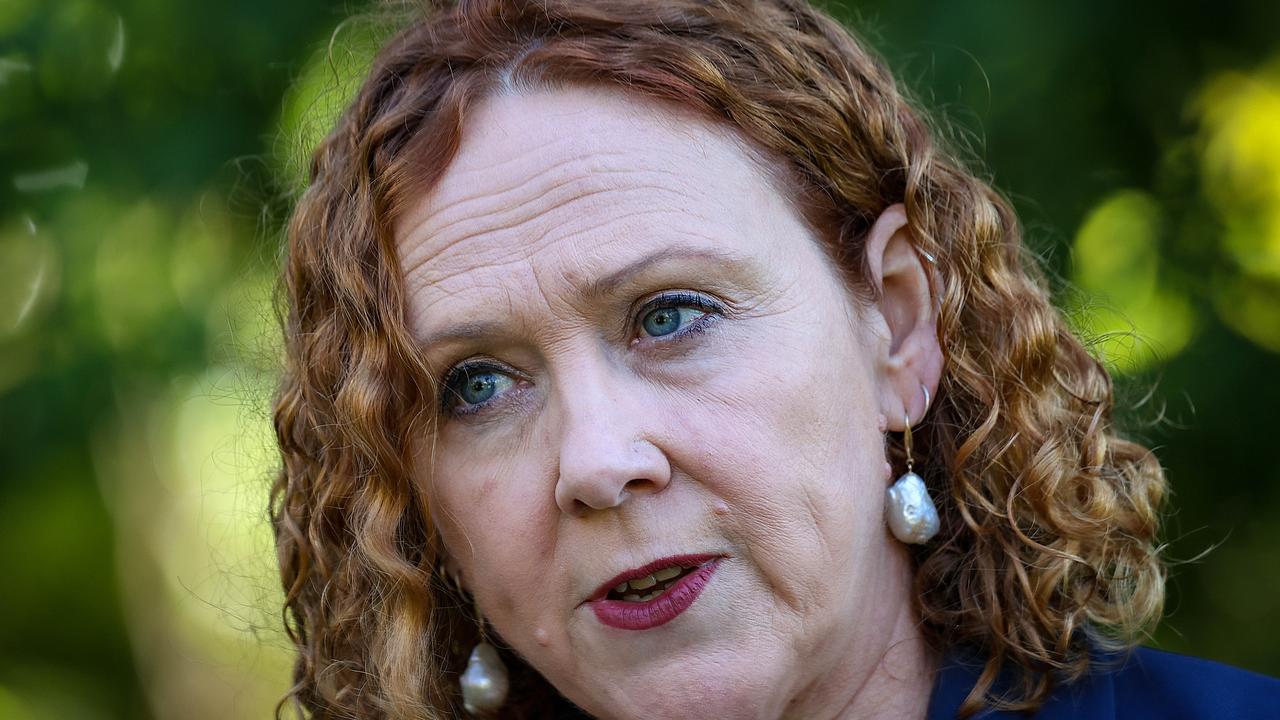
Where can I get a democracy sausage?
Unfortunately this year, you can’t.
The Local Government Minister gets to decide on the voting system for local council elections.
This year Melissa Horne has chosen to use postal votes.
The move mirrors the choice for the 2020 elections, which were held during Covid
lockdowns.
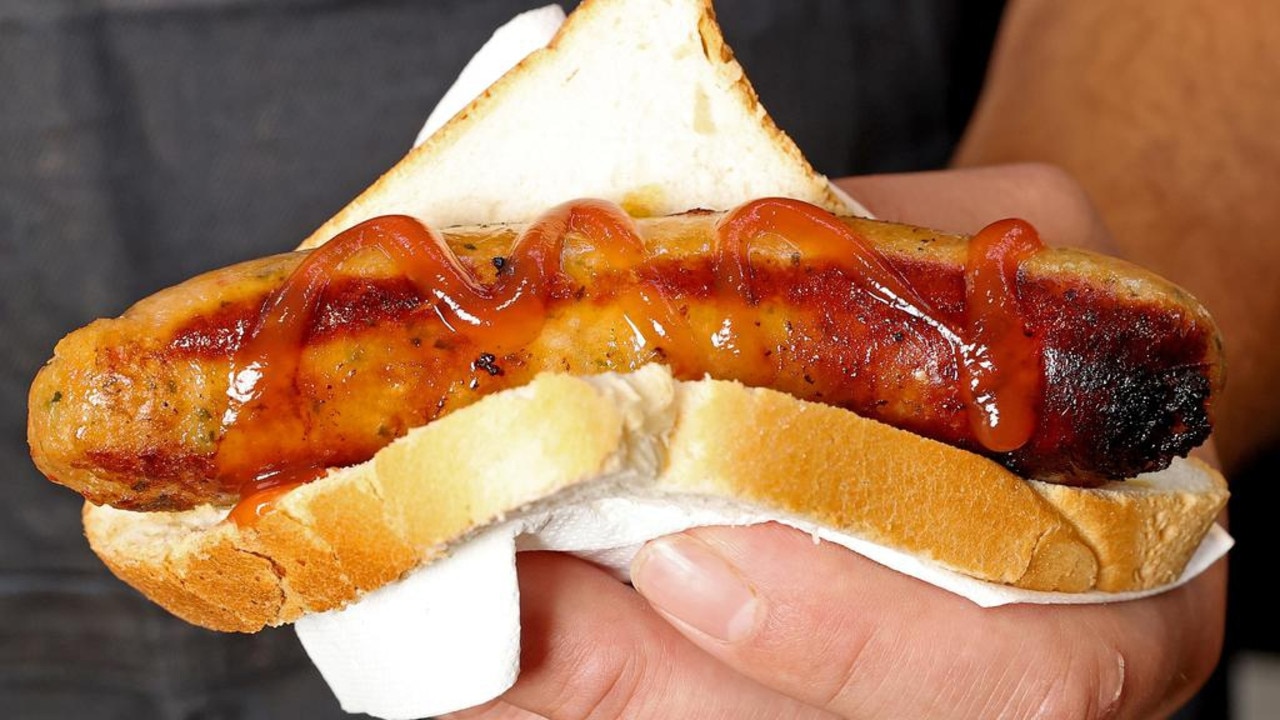
However, even before then the popularity of attendance voting was waning.
The 2016 elections – when councils were still allowed to choose for themselves – saw only six of the state’s 79 councils opt for attendance voting.
According to the Victorian Electoral Commission postal voting provides greater accessibility for voters, results in higher voter turnout and participation rates, reduces the incidence of informal voting, and can be conducted at a lower cost than elections using an attendance voting system.
Why does my ward look different?
A revamp of 39 councils ahead of the election saw 30 metropolitan, interface and regional city councils move to single member wards.
A further four councils shifted to multi-member wards and five adopted an unsubdivided structure which meant no wards at all.
The change followed a recommendation by the Electoral Representation Advisory Committee, which was formed in October 2022.
Local Government Minister Melissa Horne said the shift was “an important step” in reforming local governments to “meet the expectations of communities right across Victoria”.
However, some councillors feared it would lead to councils being “more politicised, less diverse and less democratic”.
Who can run for council?
Anyone who is 18 years old or older, an Australian citizen and enrolled to vote in the local government area in which they are standing is eligible to nominate as a candidate.
British subjects who were on an Australian electoral role between October 26, 1983 and January 26, 1984 are also eligible.

Who can’t run for council?
Anyone who has been convicted of an offence during the past eight years which carries a jail term of two or more years, has an undischarged bankruptcy or property subject to control under the law relating to bankruptcy, or been disqualified from managing corporations is not eligible to stand.
Councillors who have been disqualified after a VCAT finding of gross misconduct, been subject to two or more findings of serious misconduct, or convicted of an offence under the Local Government Act 2020 with a maximum penalty of 12 months jail or a $23,710 fine may also be barred from nominating as a candidate.
Current council employees, state and federal ministerial officers, parliamentary advisers or electoral offices, are also not eligible to run unless they take leave from the position during the election period.
What qualifications do election candidates need?
There are no minimum qualifications or experience needed to run for local council. But, candidates must complete mandatory candidate training provided by the state government before nominating. The free, online training takes about one hour to complete and is not graded. It was updated in July to include information to help understand conflicts of interest, the required code of conduct, and what support is available to help incoming councillors perform their role. All candidates, including those who were councillors during the 2020 term must complete the training to be eligible to run.
Do candidates have to reveal if they are a member of a political party?
No.
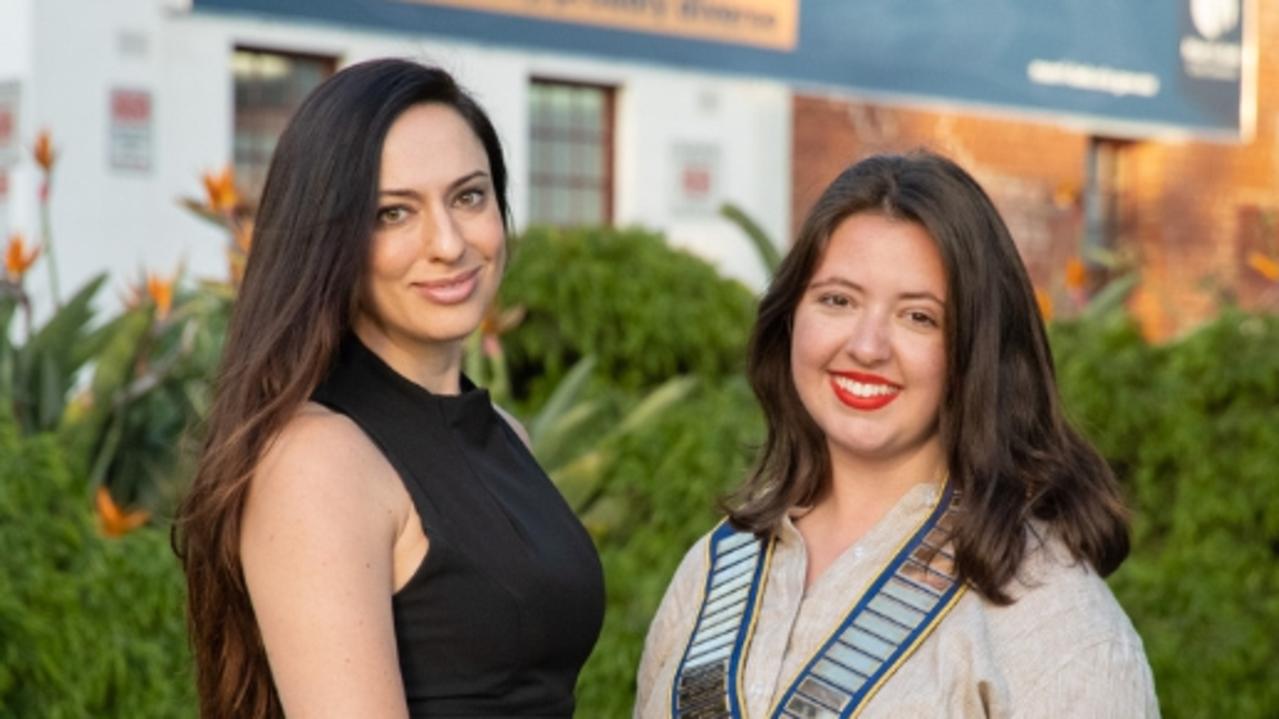
Can political parties back candidates?
Yes, and they often do.
The Greens often back members with support including fundraising for campaigns of both sitting councillors and new candidates.
The party’s website currently has 62 candidates running for the 2024 council elections, including nine candidates for Darebin – one in each ward.
At the 2020 local council elections 29 Greens candidates were elected to councils across Victoria.
Can candidates accept donations?
Yes. But they must keep a record of any donations received during a campaign.
A donation could be money, gifts, goods, or in-kind services and must be declared by December 4, 2024.
All candidates have to submit an election declaration form to the chief executive officer of the council they were a candidate in, including those who were not elected or did not receive any donations.
The Local Government Inspectorate is keeping a close eye on donations following high levels of noncompliance in previous elections. Failing to declare donations or providing misleading information can result in a $11,855 fine.
Councils must display a summary of candidate donations on their website until roll closes of for the next election.
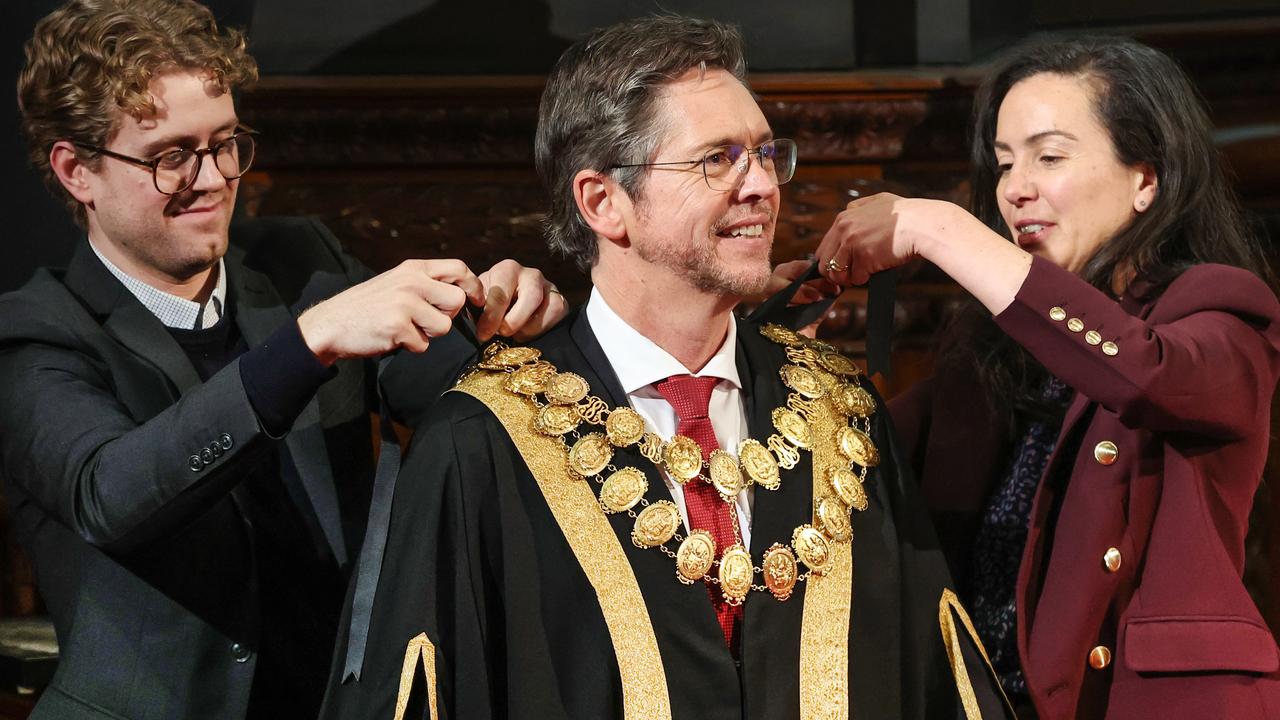
When will the council election results be declared?
Voting closes on October 25 and all results will be finalised by November 15.
Key dates for voters
August 7, 4pm - rolls close
October 7 – ballot pack mailout begins
October 25 – voting closes at 6pm
November 1 – all postal votes must be received by 6pm
November 15 – election results declared
Key dates for candidates
September 9, 9am – candidate nominations open
September 17, noon – candidate nominations, candidate statements, photographs, and questionnaires close at 12 noon
September 18 – ballot draw
September 19 – Melbourne City Council team name and group registrations close at 12 noon, ballot draw at 3pm
September 23 - Melbourne City Council team statements, questionnaires, group voting tickets and indication of preferences close at 12 noon
December 4 - declaration of donations
Originally published as FAQ: Everything you need to know about the 2024 Victorian local council elections


